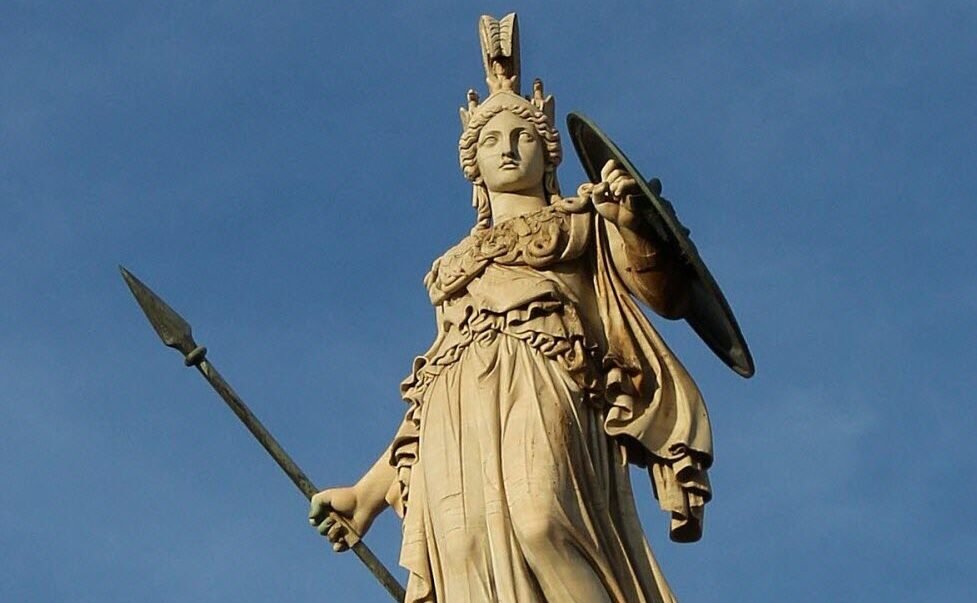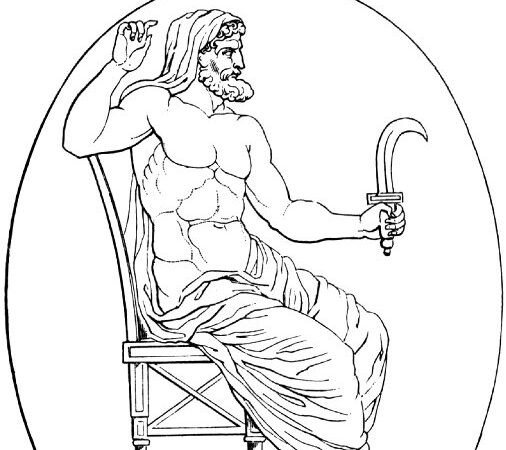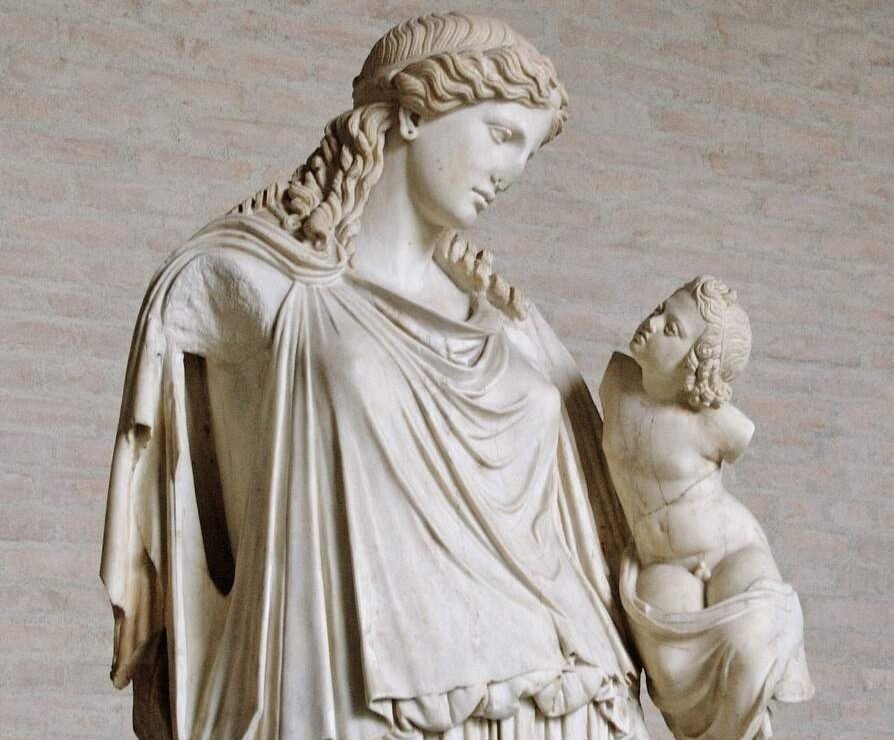Chronos, Kairos and Aion are the three deities of time, events and epic destinies. Here is the multi-religious and multicultural calendar!
Find us on our website Mythology and Legend, on Facebook and on instagram !

The schedule in brief from D-2 to D+5
- 3 July 2024, Daily: Days of the Dog
- July 4, 2024, : Dree Festival
- July 5, 2024, : Tynwald Festival
- 6 July 2024, Every day: Mindaugas
- 7 July 2024, Daily: San Fermín Festivities
- July 7, 2024, : Ratha Yatra
- July 8, 2024, : Tuluni
- 9 July 2024, Every day: Aude the Very Wise
- 9 July 2024, Daily: Libation to Athena
The complete interactive calendar
Semaine du 2024-07-08
July 8, 2024 (1 event)
July 8, 2024

Today and for a week, the Sumi people of Nagaland celebrate Tuluni. The word Tuluni comes from a special type of drink known as rice beer which was given in a glass made of bamboo or three plantain leaves. Prayers are offered to the God of Productivity Litsaba for the saving of the crops. #mythology #myth #legend #calendar #July 8 #tuluni #sumi #litsaba
July 9, 2024 (2 events)
–
July 9, 2024
Today, the Asatrus celebrate Aude the Very Wise. An “unlucky” Viking queen in the 9th century, she founded a Scandinavian establishment in Iceland. It is cited in numerous Viking and Icelandic sagas such as the Landnámabók of Sturla Þórðarson; The Laxdæla saga, which calls it Unn, the Njáls saga, the Eyrbyggja saga, the Eiríks rauða saga and the Grettis saga. #mythology #myth #legend #calendar #9July #Unn #Aude #Scandinavia #Iceland
–
July 9, 2024
On this day, the Greeks made a libation to Athena. Athena was the great Olympian goddess of wise counsel, war, city defense, heroic effort, weaving, pottery, and other crafts. She was depicted crowned with a crested helmet, armed with a shield and spear, and wearing the serpent-edged igis cloak wrapped around her chest and arm, adorned with the monstrous head of the Gorgon . #mythology #myth #legend #calendar #9July #Athena #Athenes
July 11, 2024 (1 event)
–
July 11, 2024
On this day, the Greeks celebrated Kronia in honor of Kronos as the god of harvests. This marked the end of the grain harvest. The practice was quickly abandoned during the Classic period. #mythology #myth #legend #calendar #Kronos #July 11
July 12, 2024 (2 events)
–
July 12, 2024
Today, Irish Catholics celebrate Saint Olivier Plunket. He was born in Ireland on November 1, 1629. While studying theology in Rome, he was unable to return to his country because of Cromwell's persecution. Back in Armagh, he was accused of collaborating with the enemy of the English crown. He will be tortured, hanged, gutted and dismembered by English justice. King Charles II returned his remains to his loved ones for a decent burial. #mythology #myth #legend #calendar #July 12 #OlivierPlunket #Ireland
–
July 12, 2024
Today, the Northern Irish celebrate Twelfth. It celebrates the Glorious Revolution (1688) and the victory of Protestant King William of Orange over Catholic King James II at the Battle of the Boyne (1690), which ensured Protestant ascendancy in Ireland. #mythology #myth #legend #calendar #July 12 #Ireland #Twelfth
July 14, 2024 (1 event)
–
July 14, 2024
On this day, the Greeks celebrated Synoikia. This festival took place during the first important month of the Athenian year and served to remind people of their history and origins, the Synoikia, literally "houses together", was an ancient celebration commemorating the unification of Attica by Theseus. This very ancient festival was gradually abandoned during the Athenian domination. #mythology #myth #legend #calendar #synoikia #Greece #July 14
Multicultural and multi-religious almanac
An almanac is a calendar showing the main dates of the calendar, the religious holidays, bearing ephemerides such as the phases of the moon or the duration of the days (lunar and solar calendars).
A calendar is a system for marking dates according to time. Such a system was invented by men to divide and organize time over long periods. The observation of the periodic phenomena of the environment in which they lived — such as the daily movement of the shadow, the return of the seasons or the lunar cycle — served as the first references for organizing the agricultural, social and religious life of societies.
The calendar used today in most of the world is the Gregorian calendar. In everyday language, an ephemeris designates what happens daily; the ephemeris of the day is the list of the significant events of this day.